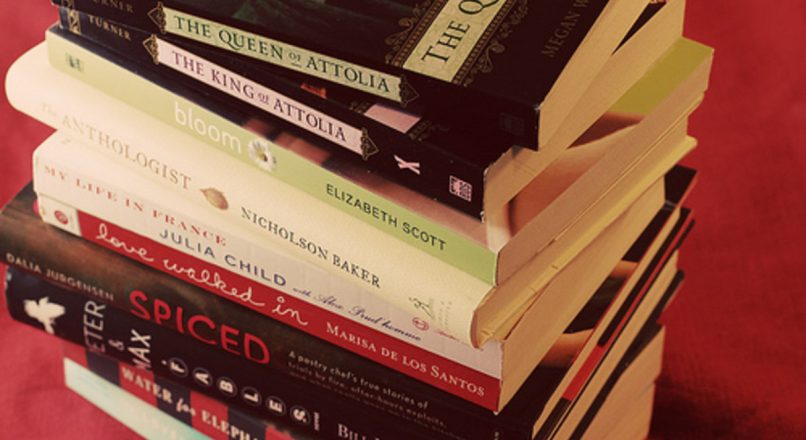, I’ve probably had to do more reading than the average student. When there’s so much to read and so little time, certain reading and studying habits make my life easier and help me retain important details about each text I read. Here are a few of them:
#1: Start With the Basics – Read!
Read as much as possible – it’s simple, but effective. If you love reading, then this is a great place to start. It doesn’t matter what you read, just reading in general will increase your vocabulary and comprehension.
If you don’t love to read, then try something new! Find a genre of literature that interests you and dive in. You may find yourself pleasantly surprised and begin to enjoy it.
#2: Know Your Audience – Who is your Professor?
Every professor has their own style of teaching. Before you start planning out your semester, make sure you meet with your professor to discuss their expectations and classroom policies.
This will help you plan ahead and prepare for what they are looking for throughout the course. Better yet – take the time to read their book list!
Professors can be excellent resources for future reading suggestions too, so don’t be afraid to ask them if there is an author that they like or recommend that isn’t on the syllabus. You may even end up enjoying some literature that you wouldn’t normally try!
#3: Read With a Purpose
When reading, it helps to know why you are trying to read something in particular before diving right in.
Read with a purpose and try to look at the bigger picture. If you are reading something for class, keep in mind who wrote it and what year they wrote it in. How does that affect the content?
Did the author intend for this piece to be part of a set? Look for patterns and themes.
By considering all of these things when reading, not only will you be able to get more out of your readings, but also help narrow down larger ideas within a book or throughout an author’s collection.
#4: Make Connections – What Do You Already Know?
An easy way to grasp difficult literature is to already have knowledge going into your class or book club meeting about what you’re about to.
Go beyond just learning about an author’s life – research more about their works. It helps to already know what they are most famous for (academic or not) and how it connects to the rest of their work.
If you do this, you’ll be able to make connections throughout your readings more fluidly. For example, if one of your books is set in WWII-era London, then that can open up conversations between students or within your own thoughts about the historical time period that will help bring everything together.
#5: Find Out What You Don’t Know
Before jumping into any reading material, do some background research on the author and/or work at hand.
This will help build a foundation so when you start your book you have a good idea of what is about to happen. It will also help with your comprehension and finding out interesting tidbits about the work that you may not have known before.
This constructive preparation is especially helpful once you begin reading outside of your class or university setting, where many people don’t share the same literary knowledge as you.
#6: Get Ready for Discussion – Know Your Thoughts!
One thing I found helpful in my own literature classes was writing down notes on each chapter as I read them so by the time it came to actually discuss the book, I was ready to go.
Writing things down helps clarify thoughts/ideas and then when it comes time to speak (or write!) about them, they are fresh in your mind. At the end of every chapter, before moving on to the next one, write down some key concepts that you want to remember when discussing this particular reading.
Then go back and do it again once you finish the whole book! This will help tremendously not only during discussion with fellow classmates but also in your own personal literary reflections.
#7: Take Notes – Organize Your Thoughts
No matter where or how you are taking notes (class paper, notebook, computer), it’s important to have a system of organization so you can reference what you wrote later.
There are many different methods of note-taking – choose the method that works best for you personally! Some people prefer bullet points while others get more creative with shapes or symbols…
Just make sure whatever system you use is easy for you to reference and doesn’t take away from your reading experience. If reading with a pencil in hand helps you stay focused, then go for it!
#8: Be Prepared for Reading with a Plan
I find that by having a structured plan of what I’m going to read, when I need to do it by, and how it all works together, makes me more productive.
This way if something comes up or is due at the same time as another assignment, there shouldn’t be too much frustration with juggling book club discussions and school work.
And who knows – maybe the things you didn’t have time to read over break will be easier to get through once term starts back up!
Literature classes can be really difficult but they don’t have to be if you develop the right organizational skills and do your research. You just might find that you start doing better in other classes as well

